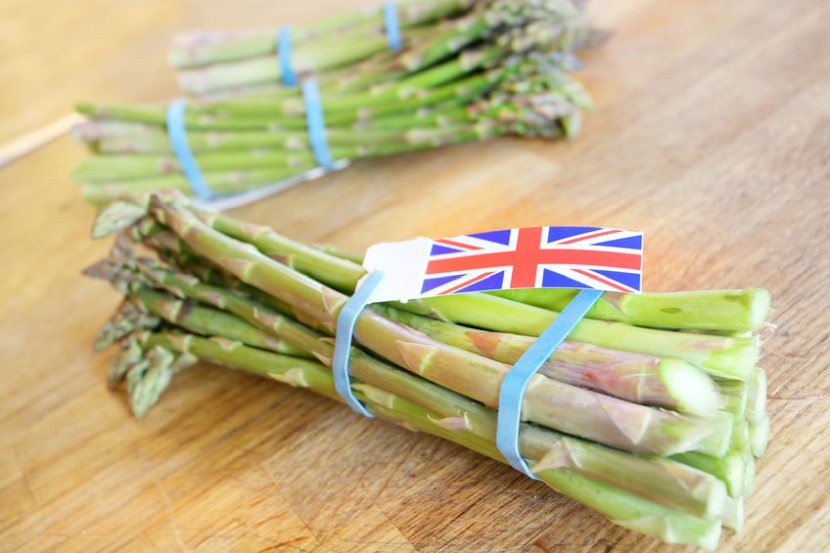
The public sector can strengthen supply chains and in turn help farmers by annually reporting where food, served in staff canteens for example, comes from.
These are two of a series of recommendations in a new report commissioned by Devon and Somerset County Councils and the NFU, among other groups.
As part of a 'culture change', catering staff, managers, and chefs should receive extra training on preparing food using seasonal produce and the benefits of using local food and supply chains.
A regional mission statement, committing to local food procurement, should be adopted by all public sector organisations to help drive a positive change in purchasing decisions.
The report, focusing on the South West, also suggests ways major organisations and public bodies can purchase more from food suppliers and farmers based in the region.
Researchers concluded that a greater knowledge of food supply chains coupled with these measures would support improved opportunities for farmers, deliver social and environmental benefits and boost the local economy.
Buying local produce will have a range of environmental benefits including reduced food miles which will also help public sector groups meet net-zero targets.
The research involved analysis of the food that public institutions, such as hospitals and schools, buy and in what form– for example already prepared – and how frequently. Researchers also interviewed farmers.
Their work included identifying the barriers and benefits of using local food in public sector organisations.
Professor Matt Lobley, from the University of Exeter’s Centre for Rural Policy Research, helped conduct the research. He said there needed to be a culture change, within and between, public organisations in the South West.
"We hope our recommendations will be taken up by the public sector in the region, so the area can be a test bed for potential national change.
"As this work continues we will share findings with the government and campaign for positive changes, and seek their help to lead this agenda proactively.
“We believe these changes will improve the food system for people, place and planet.”
Devon County Council will now consider these recommendations. Councillor Rufus Gilbert said: “This research aims to better understand food supply chains with the hope of presenting opportunities for farmers to improve their processes while also delivering social, environmental, and economic improvements.
“These recommendations show how in principle a more efficient and resilient supply chain could be created, while also reducing food miles, carbon emissions and improving business productivity at the same time.”
What does the report recommend?
The report, commissioned by the Devon and Somerset County Councils, the Cornwall and Isles of Scilly Local Enterprise Partnership and the NFU, makes a series of recommendations:
• Tenders put out by the public sector should be more accessible to local producers and suppliers, and procurement contracts should be split into smaller lots to encourage regional food businesses.
• The public sector and other buyers should better accommodate the payment and delivery terms of regional producers.
• Tendering processes should be streamlined, and there should be more transparent engagement with regional producers and suppliers.
• Public organisations should engage with regional producers and suppliers to explain how tenders will be evaluated and allow potential suppliers to shape tender.
• Public organisations should do more to help farmers to participate in food supply chains in the region by investing in initiatives such as farmer cooperatives, supply chain collaboration and food hubs.
